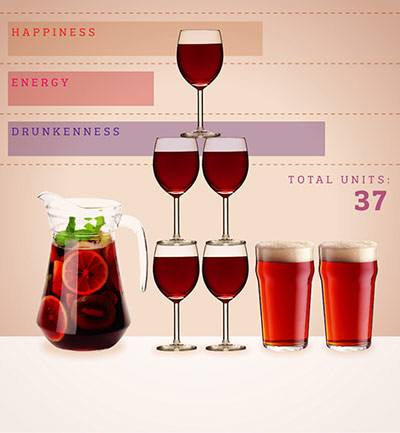
This app allows you to track the amount of alcohol you consume and how it affects you. It converts drinks consumed into units, blood alcohol level and calorific content. You can then record your happiness and energy levels. Free; boozerlyzer.net Photograph: Pete Guest
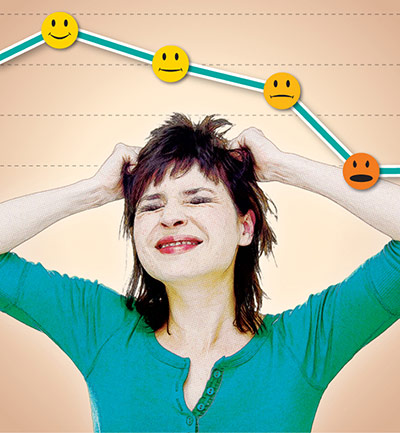
An app that can track happiness over time. Daily prompts ask you to input how you are feeling, who you are with and what you are doing. The graphs this data generates allow you to see, for example, which day of the week you’re happiest. Free; mappiness.org.uk Photograph: Pete Guest
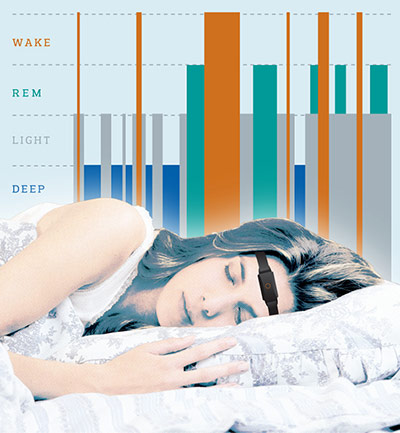
The Zeo plastic headband uses brain activity to grade the quality of your sleep – distinguishing between rapid-eye movement (REM) sleep, deep sleep and light sleep – and sends the readings wirelessly to an iPhone or iPad. £89; myzeo.com Photograph: Pete Guest
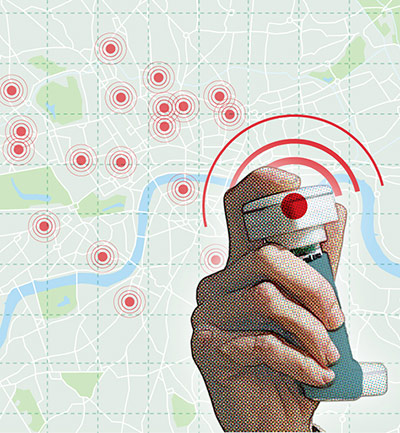
When paired with a phone, this gadget turns an asthma inhaler into a GPS- and Wi-Fi enabled device. Users can then track the time, location and frequency of asthma symptoms, allowing doctors to look for patterns. Price TBC; asthmapolis.com Photograph: Pete Guest
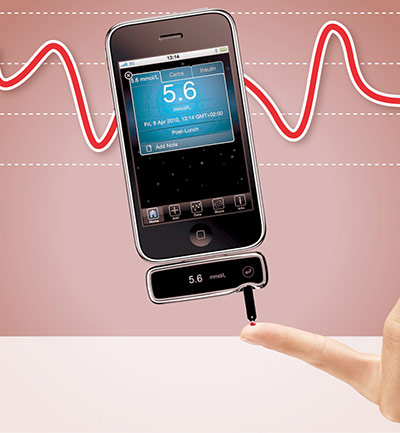
The iBGStar Blood Glucose Meter is aimed at the 2.9 million people in the UK who have diabetes, particularly those with Type-1, who need to keep a keen eye on their blood-sugar levels. It connects to all Apple devices. £48, bgstar.com Photograph: Pete Guest

FitBit, a thumb-sized pedometer that keeps track of how many steps you take in a day, how many calories you burn and how many hours you sleep, has become a stalwart for self-trackers. Alternatives include the Nike+ FuelBand. £80; fitbit.com Photograph: Pete Guest

